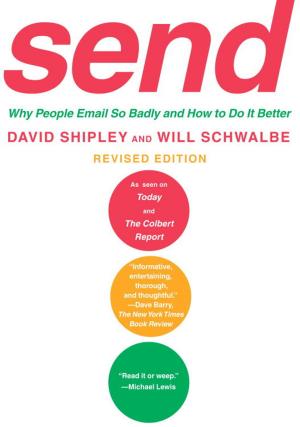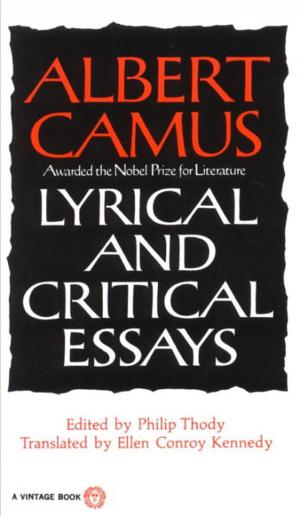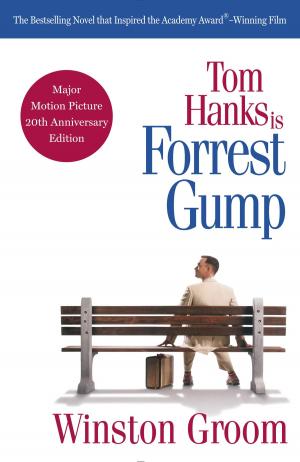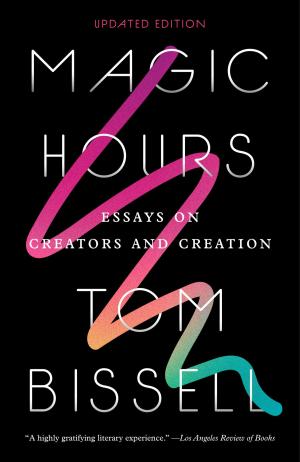| Author: | Marie Ponsot | ISBN: | 9780307701282 |
| Publisher: | Knopf Doubleday Publishing Group | Publication: | May 17, 2011 |
| Imprint: | Knopf | Language: | English |
| Author: | Marie Ponsot |
| ISBN: | 9780307701282 |
| Publisher: | Knopf Doubleday Publishing Group |
| Publication: | May 17, 2011 |
| Imprint: | Knopf |
| Language: | English |
Leave it to the graceful Marie Ponsot, now in her late eighties, to view her life in poetry as easeful. As she tells us, pondering what stones can hear, “Between silence and sound / we are balancing darkness, / making light of it.” In this celebratory collection, Ponsot makes light, in both senses, of all she touches, and her pleasure in offering these late poems is infectious. After more than a half century at her craft, she describes her poetic preferences unpretentiously thus: “no fruity phrases, just unspun / words trued right toward a nice / idea, for chaser. True’s a risk. / Take it I say. Do true for fun.”
Ponsot is accepting of what has come, whether it’s a joyous memory of her second-grade teacher in a New York public school or the feeling of being “Orphaned Old,” less lucky in life since her parents died. She holds herself to the highest standard: to see clearly, to think, to deal openhandedly and openheartedly with the world, to “Go to a wedding / as to a funeral: / bury the loss” and also to “Go to a funeral / as to a wedding: / marry the loss.” She confides that she meets works of great art “expectant and thirsty.”
Indeed, Ponsot’s thirst for life and its best expression, for the sprightly phrase and the deeper understanding running beneath, makes this book a transformative experience. The wisdom and music of Easy, like all of Ponsot’s poetry, will remain with her readers for decades to come.
Leave it to the graceful Marie Ponsot, now in her late eighties, to view her life in poetry as easeful. As she tells us, pondering what stones can hear, “Between silence and sound / we are balancing darkness, / making light of it.” In this celebratory collection, Ponsot makes light, in both senses, of all she touches, and her pleasure in offering these late poems is infectious. After more than a half century at her craft, she describes her poetic preferences unpretentiously thus: “no fruity phrases, just unspun / words trued right toward a nice / idea, for chaser. True’s a risk. / Take it I say. Do true for fun.”
Ponsot is accepting of what has come, whether it’s a joyous memory of her second-grade teacher in a New York public school or the feeling of being “Orphaned Old,” less lucky in life since her parents died. She holds herself to the highest standard: to see clearly, to think, to deal openhandedly and openheartedly with the world, to “Go to a wedding / as to a funeral: / bury the loss” and also to “Go to a funeral / as to a wedding: / marry the loss.” She confides that she meets works of great art “expectant and thirsty.”
Indeed, Ponsot’s thirst for life and its best expression, for the sprightly phrase and the deeper understanding running beneath, makes this book a transformative experience. The wisdom and music of Easy, like all of Ponsot’s poetry, will remain with her readers for decades to come.















